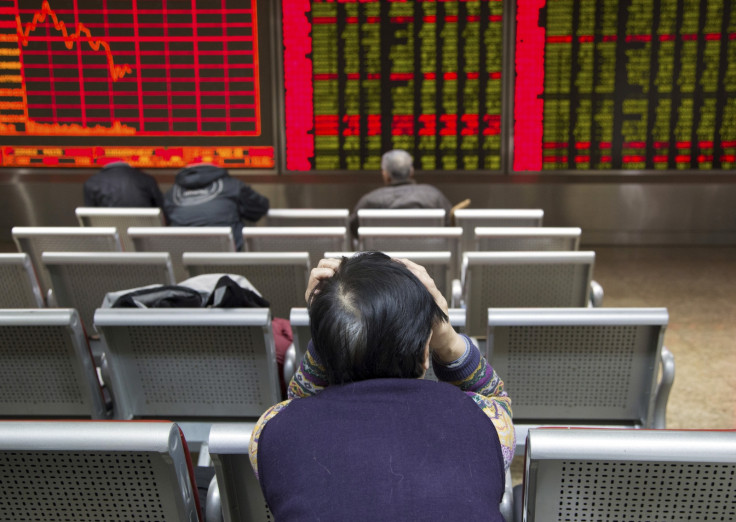Asian stock markets slip as risk aversion grows
Oil prices rebounded on 8 July and traded in the green after a sharp decline in the previous trading session.

Majority of Asian stock market indices were trading lower on Friday (8 July). The Shanghai Composite Index too was bearish down 0.83% at 2,991.82 as of 6.04am GMT. This was amid caution ahead of the US non-farm payrolls data for June.
The data – a monthly report by the US Bureau of Labor Statistics to indicate total number of paid US workers of any business except farm workers, private household employees and non-profit organisation employees – is due for released later on 8 July. Despite expectations that the report will be positive, investors are said to be cautious and are in favour of the yen and other safe havens such as gold.
Kathy Lien, managing director of FX strategy at BK Asset Management was quoted as saying by CNBC, "Most economists and investors expect a strong recovery in job growth after last month's hauntingly weak report. With such a view, we would normally expect the dollar to be trading higher against the yen, but instead of rising, USD/JPY fell for the fifth trading day in a row."
Overnight (7 July), the Dow Jones Industrial Average closed at 17,895.88, down 0.13% while the FTSE 100 closed at 6,533.79, up 1.09%.
Indices in the rest of Asia traded as follows on 8 July at 6.17am GMT:
| Country | Index | Price | Up/Down | %Change |
| Hong Kong | Hang Seng Index | 20,521.63 | Down | 0.89% |
| Japan | Nikkei 225 | 15,145.64 | Down | 0.85% |
| South Korea | KOSPI | 1,962.47 | Down | 0.59% |
| India | CNX Nifty | 8,306.80 | Down | 0.37% |
| Australia | S&P/ASX 200 | 5,230.50 | Up | 0.05% |
Among commodities, oil prices were trading in the green after a sharp decline in the previous trading session. While WTI crude oil was trading higher by 0.58% at $45.40 (£35.07, €40.99) a barrel, Brent crude was trading 0.71% higher at $46.73 a barrel as of 6.31am GMT.
With regards to the future outlook, Angus Nicholson, market strategist at IG said that the oil market could face some concerns. "Summer driving season in the U.S. will end within the next two months, which is when demand for gasoline is at its highest, and yet gasoline inventories are not declining as expected", he explained and added that this would become a concern "because once the seasonal demand disappears, gasoline inventories could be set to explode in the second half of the year".
© Copyright IBTimes 2025. All rights reserved.





















